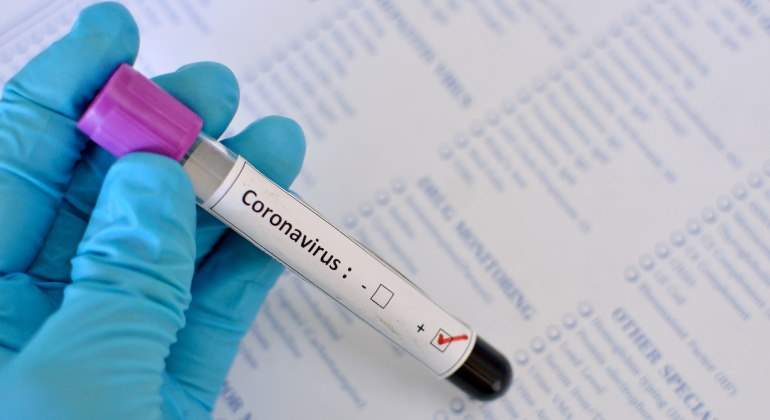Every day that passes fewer diagnostic tests against covid (antigens and PCR) are carried out. This is a reality both in Spain and in most large markets, something that the leading companies in this business already perceive.
Abbott has changed its sales forecasts and of the 7,000 million that they planned to invoice throughout 2021 they will remain at 4,000. For its part, Roche also estimates that up to 80% of that market will be lost in a few months. Other companies like Becton Dickinson also foresee declines in this market.
In Spain this erosion of the market has begun to be seen, especially as of April. In the last month and a half, the daily average of tests carried out in our country has gone from 123,757 diagnostic tests to 99,505. The tests that have sold the least are PCR, but the drop also exists in those of antigens.
From Roche they explain that at the beginning of the year they already imagined that the behavior of the market between the two semesters of the year was going to be completely different. There are several reasons for this, but the main one is the increase in vaccination and the great effectiveness that these antigens have shown in curbing the pandemic.
“In a few months, 20% of the maximum peak that was reached in the months of December and January will remain; it will end up being a seasonal remnant. We have customers who no longer ask us for more tests because they have in stock. But this is good news because control the pandemic will allow hospital activity to recover. For example, cancer diagnosis has increased by 30% compared to the previous year “, explains Carlos Freixas, Marketing Director of Roche Diagnostics in Spain.
Spanish companies have also begun to notice the deterioration in demand, although they point out that it will not affect their annual accounts. “Vaccination, the end of the requirement for a test to fly, the Covid passport, are measures that make fewer tests are needed,” explains Belén Barreiro, general director of Ingenasa. “But we are not very affected. We must bear in mind that we arrived later than Abbott and Roche and they have approximately 90% of the market,” he acknowledges.
However, Barreiro predicts an increase in antibody tests due to individual demand. “There are many people who ask for them because they want to know how long the protection of the vaccine lasts.
The administration should also take this into account, because we have seen analyzes in residences where it is found that those over 80 have less antibody than the staff who take care of them. It would be interesting to make checks to know when it is better to put the booster dose, “he says.
In this sense, it encourages administrations to carry out tests with these antibody tests to anticipate with greater knowledge when that booster dose will be recommended and, above all, if the memory of the defenses varies according to the age of the person vaccinated.
Roche does not believe that antibodies will grow exponentially, but they do believe that antigen tests have growth opportunities. “We are waiting for the Government to approve the Royal Decree that it was preparing for its free sale in the pharmacy, this may mean a rebound,” says Freixas.
The marketing director recalls that allowing the free sale of these devices is already done in many other countries and this has a positive impact on demand. “In Germany, for example, you can buy them in supermarkets,” explains the Roche Diagnostic manager.


